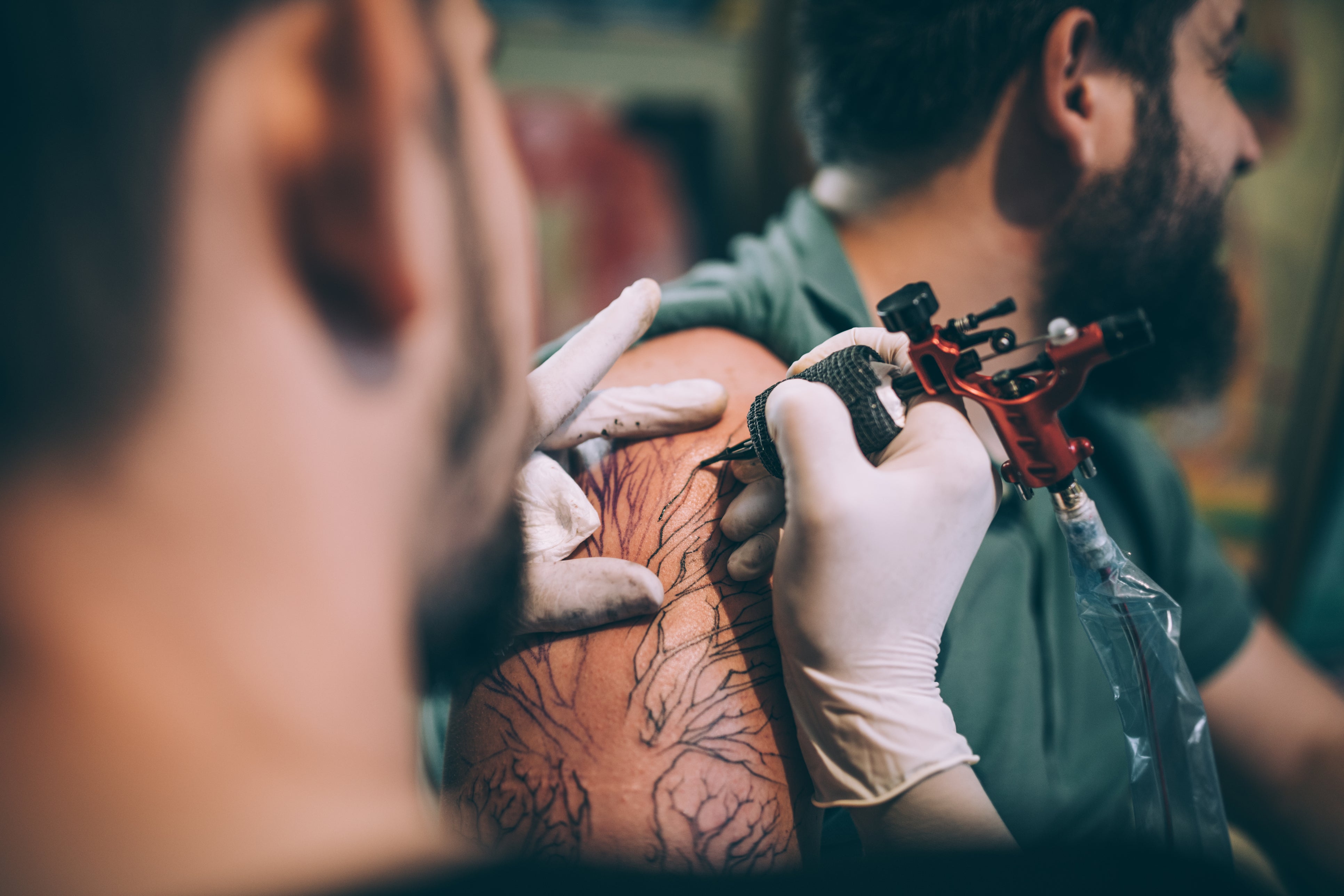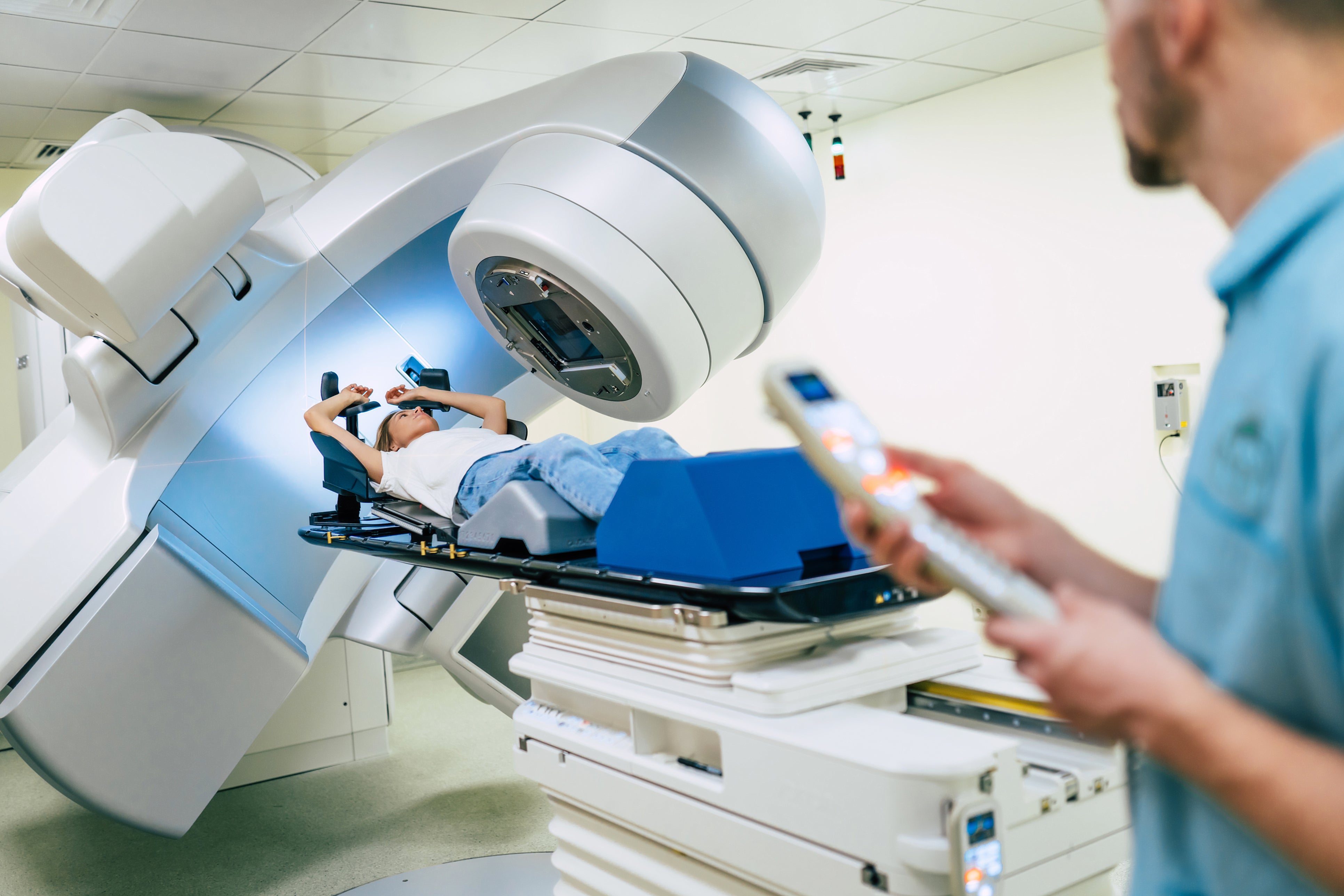Scientists develop painless and bloodless tattoos that can be self-administered
The new tattoos will primarily be used in relation to animal care, but could be extended to humans in future

Your support helps us to tell the story
From reproductive rights to climate change to Big Tech, The Independent is on the ground when the story is developing. Whether it's investigating the financials of Elon Musk's pro-Trump PAC or producing our latest documentary, 'The A Word', which shines a light on the American women fighting for reproductive rights, we know how important it is to parse out the facts from the messaging.
At such a critical moment in US history, we need reporters on the ground. Your donation allows us to keep sending journalists to speak to both sides of the story.
The Independent is trusted by Americans across the entire political spectrum. And unlike many other quality news outlets, we choose not to lock Americans out of our reporting and analysis with paywalls. We believe quality journalism should be available to everyone, paid for by those who can afford it.
Your support makes all the difference.Scientists have developed low-cost, painless and bloodless tattoos that can be self-administered.
Researchers at the Georgia Institute of Technology will primarily use the microneedle tattoo patches for veterinary care and tracking neutered animals, but say the applications could extend to medical and cosmetic care in the future.
“We’ve miniaturised the needle so that it’s painless, but still effectively deposits tattoo ink in the skin,” said Professor Mark Prausnitz, principal investigator on the project.
“This could be a way not only to make medical tattoos more accessible, but also to create new opportunities for cosmetic tattoos because of the ease of administration.”
“While some people are willing to accept the pain and time required for a tattoo, we thought others might prefer a tattoo that is simply pressed on to the skin and does not hurt.”
While tattoos typically use large needles to repeatedly puncture the skin, scientists have developed microneedles that are smaller than a grain of sand and made of tattoo ink encased in a dissolvable matrix.
“Because the microneedles are made of tattoo ink, they deposit the ink in the skin very efficiently,” said Professor Song Li, the study co-author.
Consequently, the microneedles can be pressed into the skin just once before dissolving, causing no pain or bleeding.
Tattoos are often used in a medical setting to cover up scars, guide repeated cancer radiation treatment or restore nipples after breast surgery.
They can also be used instead of bracelets as medical alerts to communicate serious medical conditions such as diabetes, epilepsy, or allergies.

The research was published in the journal iScience.
“The goal isn’t to replace all tattoos, which are often works of beauty created by tattoo artists,” Professor Prausnitz said.
“Our goal is to create new opportunities for patients, pets, and people who want a painless tattoo that can be easily administered.”
The news comes after a tattoo artist in Benidorm revealed he had inked a tribute to Queen Elizabeth II walking hand in hand with Paddington Bear following the Queen’s death.
Jon Malvern tattooed the image at his studio Tattoo Central in Benidorm, Spain, on 12 September.
Mr Malvern, from Wallsend, Newcastle, said a client brought the drawing in for him to ink.
He said: “It’s very common in this industry to have requests for tribute tattoos after a well-known person passes away.
“I normally shy away from them because I don’t like to make money off other people’s misfortune,” he said.
The artist has said he will use the money from the reduced-price tattoo to put flowers outside the shop and close the shop on the day of the Queen’s funeral.



Join our commenting forum
Join thought-provoking conversations, follow other Independent readers and see their replies
Comments